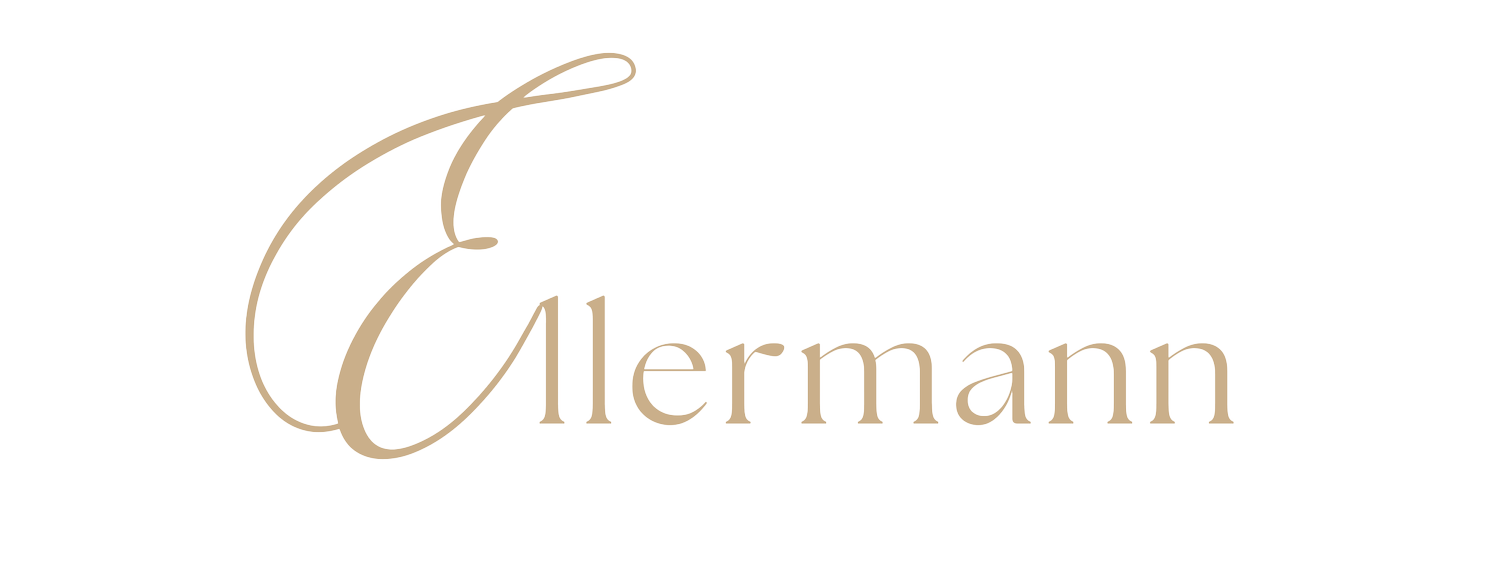The Etymology of the Ellermann Surname
The surname Ellermann is a German patronymic name with fascinating linguistic roots that trace back to medieval Europe. Understanding its etymology requires examining both its linguistic components and historical development.
Linguistic Breakdown
Ellermann is composed of two distinct elements:
Eller - the root personal name
mann - meaning "man" in German
The suffix "-mann" was commonly added to personal names in German-speaking regions to create surnames, literally meaning "man of" or "son of." This patronymic convention was widespread throughout medieval Germanic societies.
The Root Name "Eller"
The first component "Eller" derives from several possible sources:
1. Germanic Personal Name Origins The name likely stems from the Old High German personal name "Elger" or "Alger," which combines:
"Eal/Al" meaning "all" or "entire"
"Ger/Gari" meaning "spear"
This would give the original meaning of "all-spear" or "complete warrior," reflecting the martial culture of early Germanic tribes.
2. Occupational Connection Alternatively, "Eller" may connect to the Middle High German word "eller," referring to the alder tree (Alnus species). This could indicate an ancestral connection to someone who lived near alder groves or worked with alder wood, which was prized for its water-resistant properties.
3. Locational Influence The name might also derive from various German place names containing "Eller" or "Aller," such as rivers or settlements, indicating geographical origins.
Historical Development
The Ellermann surname emerged during the period of surname standardization in German-speaking regions, roughly between the 12th and 15th centuries. During this time, hereditary family names became necessary for legal, administrative, and social purposes as populations grew and communities became more complex.
Geographical Distribution
Historically, the Ellermann name has been most prevalent in:
Northern Germany - particularly in Lower Saxony and Schleswig-Holstein
Westphalia - in the Rhine region
The Netherlands - due to cultural and linguistic overlap
The concentration in northern German regions suggests the name's origins lie within the Low German (Plattdeutsch) linguistic area.
Spelling Variations
Over centuries, the name has appeared in various forms:
Ellermann (modern standard)
Ellerman (simplified form, common in emigration records)
Elermann (single 'l' variant)
Öllermann (with umlaut, regional dialect form)
These variations often resulted from local dialect differences, clerical interpretations, or deliberate changes during immigration to other countries.
Migration and Modern Distribution
During the great European migrations of the 18th and 19th centuries, bearers of the Ellermann name spread to:
North America (United States and Canada)
Australia
South America (particularly Argentina and Brazil)
South Africa
Immigration records often show spelling adaptations to fit the phonetic systems of new countries.
Cultural and Social Context
The Ellermann name reflects several important aspects of medieval German culture:
The importance of personal names with warrior meanings
The patronymic naming tradition
The connection between identity and either occupation or geography
The gradual formalization of hereditary surnames
Modern Significance
Today, genealogical research into the Ellermann name often reveals:
Agricultural or craftsman ancestry in northern German regions
Maritime connections (given the coastal prevalence)
Protestant religious affiliations (reflecting regional religious history)
Immigration patterns following major historical events
Ellermann Flower Boutique
The Ellermann surname represents a rich tapestry of Germanic linguistic tradition, combining ancient personal naming practices with medieval social developments. Whether derived from warrior imagery, natural features, or geographical origins, it serves as a linguistic bridge connecting modern bearers to their medieval Germanic ancestors and the cultural world they inhabited.
Understanding this etymology provides insight not only into individual family histories but also into the broader patterns of European naming traditions, migration, and cultural development that shaped the modern world.
